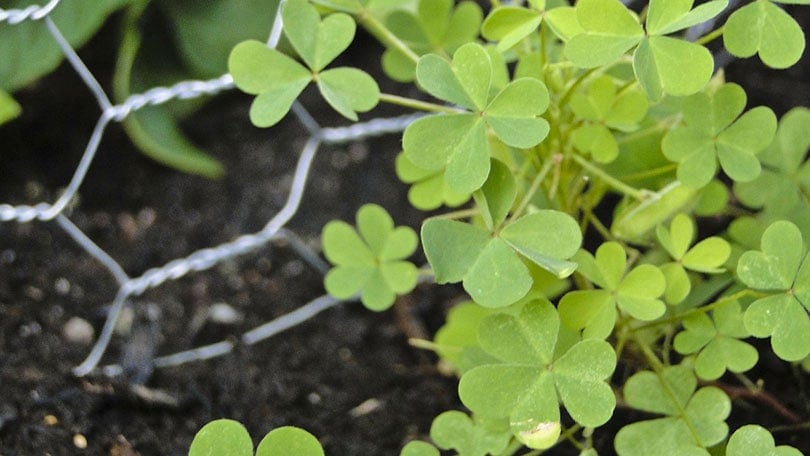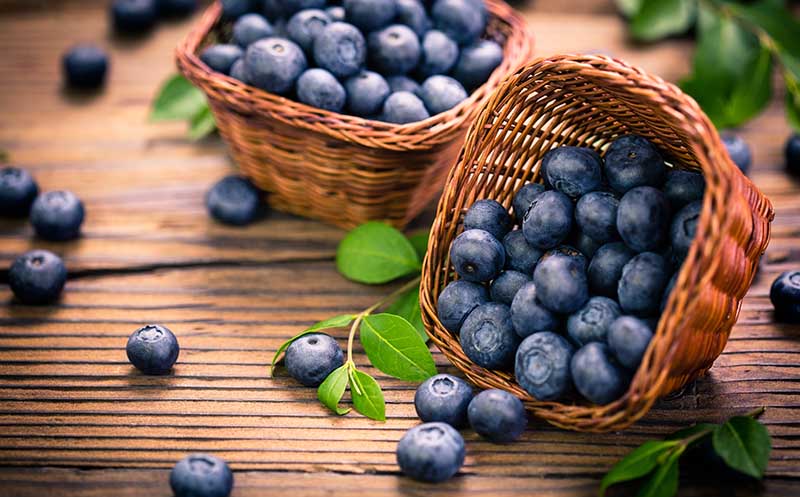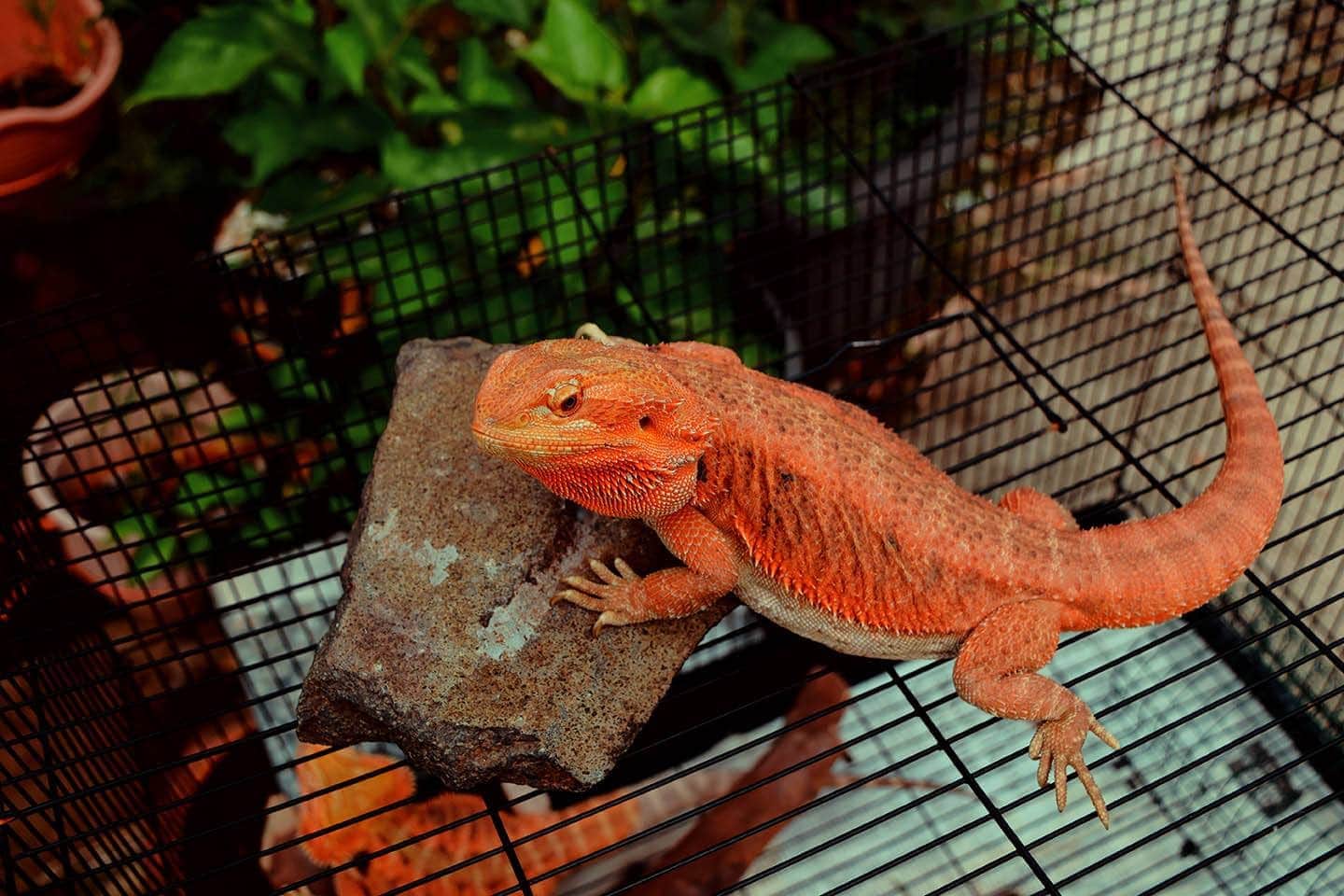Can Bearded Dragons Eat Cabbage? Vet-Reviewed Facts & FAQ

By Misty Layne
Updated on
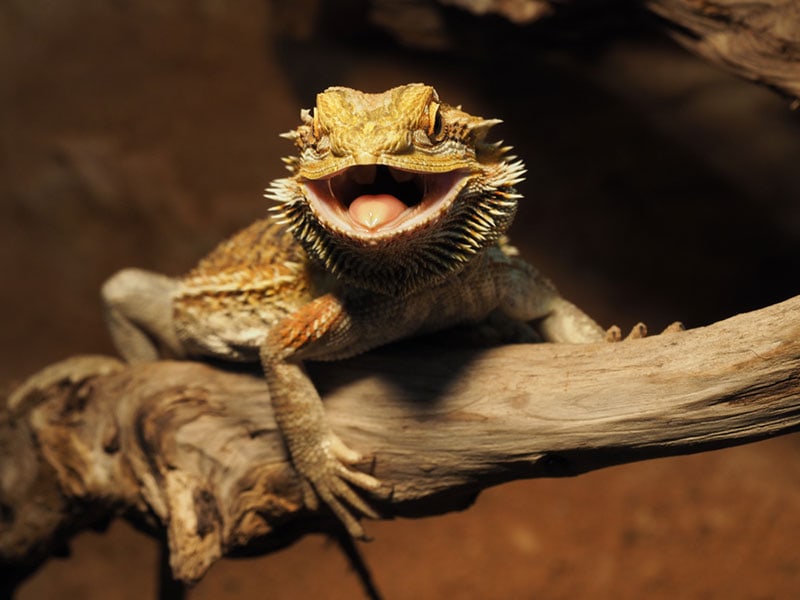
Click to Skip Ahead
If you own a bearded dragon, you know that they are omnivores and veggies are part of their diet, but you might not know which are the safest to give your pet. Take cabbage; can bearded dragons eat cabbage? Is it safe for them, and does it offer any nutritional benefit?
The answer is yes, bearded dragons can eat cabbage! However, there are some caveats to adding cabbage to your bearded dragon’s meals. What are those? Keep reading to find out which cabbage varieties are best for your bearded dragon, the benefits and risks, and how you should give it to them!
Cabbage Varieties & Their Benefits
There are four main varieties of cabbage that you can feed your bearded dragon—green cabbage, Napa, red cabbage, and Savoy. Each offers your pet some nutritional benefits, but each is a bit different. However, all cabbage varieties will provide your bearded dragon with loads of water, antioxidants, and fiber. Here’s a closer look.
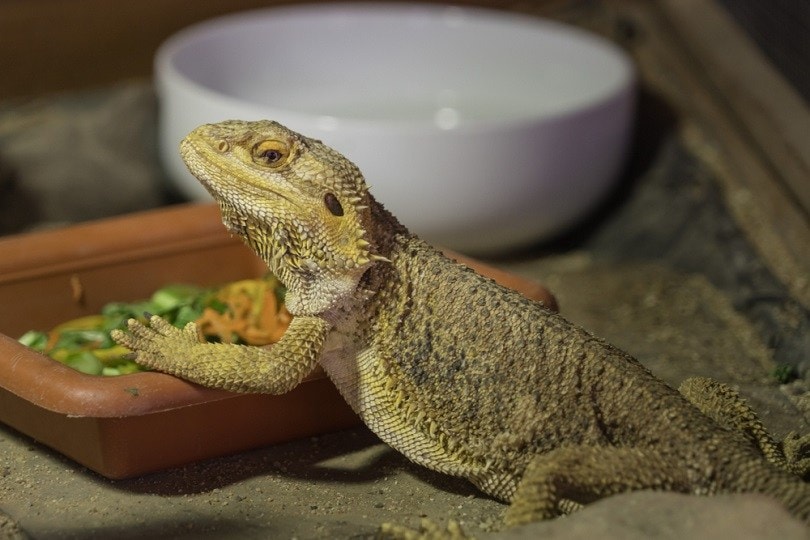
Green Cabbage
Green cabbage isn’t the absolute healthiest cabbage variety for your bearded dragon, but it’s up there! Green cabbage has tons of vital nutrients your pet needs, such as Vitamin C, potassium, iron, fiber, and calcium. It just has a bit less than red cabbage. Still, it provides your pet with a lot and has a 2:1 calcium-to-phosphorus ratio, so it’s fairly healthy. Plus, green cabbage is low in fat, sugar, and oxalates!
But green cabbage (like all cabbage varieties) contains goitrogens. In large quantities, goitrogens can interfere with the thyroid function of your bearded dragon, and green cabbage has the highest amount of them out of all the cabbage varieties. So, you definitely want to feed your bearded dragon this variety in moderation!
Red Cabbage
Red cabbage is the most nutritious cabbage variety and the best choice for your bearded dragon. It contains Vitamin B6 and folate, which boost the energy of your pet, as well as Vitamin K for blood cell maintenance and Vitamin C for a healthy immune system. It also has magnesium, which promotes a healthy blood sugar level, manganese for better metabolism, potassium for safer blood pressure, and tons of fiber. Red cabbage is also rich in antioxidants! Plus, this cabbage variety is low in sugar and fat, like the other varieties.

Napa Cabbage
You might also know Napa cabbage as Chinese cabbage. This cabbage has the thinnest leaves of any cabbage and a sweeter, milder flavor. It also contains essential nutrients your bearded dragon requires, such as fiber, vitamins A, C, and K, and plenty of calcium (with less phosphorus, so it’s safe for your pet). It’s pretty healthy, but due to the goitrogens in it, again, it should only be fed to your bearded dragon only in moderation!
Savoy Cabbage
Savoy cabbage looks a lot like green cabbage, but its leaves are wrinklier, and it has a milder flavor. This cabbage variety has less vitamins C and K than other varieties, but it’s higher in protein and fiber. The downside to this sort of cabbage is the amount of vitamin A it has. Savoy cabbage has enough of this vitamin that if your pet is taking Vitamin A supplements and eats Savoy, it could lead to vitamin A toxicity. The other downside is that it’s fairly acidic, and if your bearded dragon overeats it, that could result in gastric upset. This is one variety you want to give your pet rarely and in small amounts!
The Risks of Feeding Cabbage to Your Bearded Dragon
Now you know the benefits cabbage can offer your bearded dragon, but are there any risks? There are a couple.
For Savoy cabbage, in particular, there’s a risk because the cabbage contains more phosphorus than calcium. Bearded dragons require more calcium than phosphorus in their diets because phosphorus and calcium bind, making it so calcium isn’t properly absorbed. If your bearded dragon doesn’t get enough calcium in their diet, over time, it could result in metabolic bone disease. So, the amount of calcium in your pet’s diet should always be more than the amount of phosphorus. There’s also the risk of Vitamin A toxicity and stomach upset with too much Savoy.
Other than that, though, the most significant risk to giving your bearded dragon cabbage is the choking risk and amount of fiber. Cabbage takes a bit of chewing, so if fed to your pet in overly large pieces, it poses a choking hazard (particularly for younger bearded dragons). And, though your pet needs fiber in their diet, too much could lead to diarrhea.
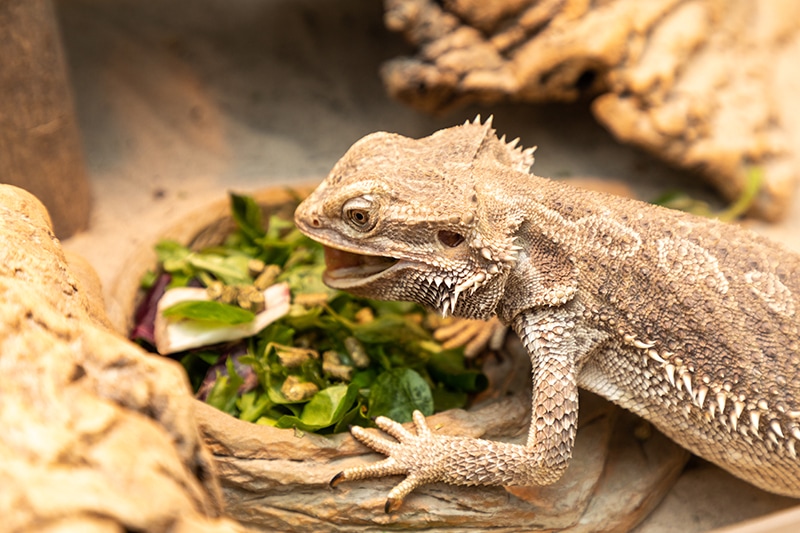
How to Feed Cabbage to Your Bearded Dragon (& How Often)
Any sort of cabbage should be fed to your dragon raw. You’ll want to ensure it’s been thoroughly washed to avoid mold and bacteria and cut up into small enough pieces that can be safely consumed. Also, avoid giving your bearded dragon any cabbage stalks.
If your bearded dragon hasn’t had cabbage before, start it off with just a single small piece. Then, wait a day or so to be sure they don’t have any adverse reactions to the cabbage. If your bearded dragon is fine and seems to like the cabbage, you can feed them more. But how often should you feed cabbage to your pet?
For green and Napa cabbage, stick to once a week. Red cabbage can be given a few times a week. Savoy cabbage should only be given in a small amount every other week or so.
Final Thoughts
Cabbage is a very healthy food for your bearded dragon—for the most part. All cabbage varieties are packed with essential nutrients, water, and fiber, which are wonderful for your pet. However, cabbage also contains goitrogens, which can interfere with thyroid function in bearded dragons. And Savoy cabbage runs the risk of making your bearded dragon very ill if too much is given. But if you feed your pet cabbage in moderation, it makes an excellent addition to the bearded dragon diet!
Featured Image Credit: Dudley Simpson, Shutterstock


